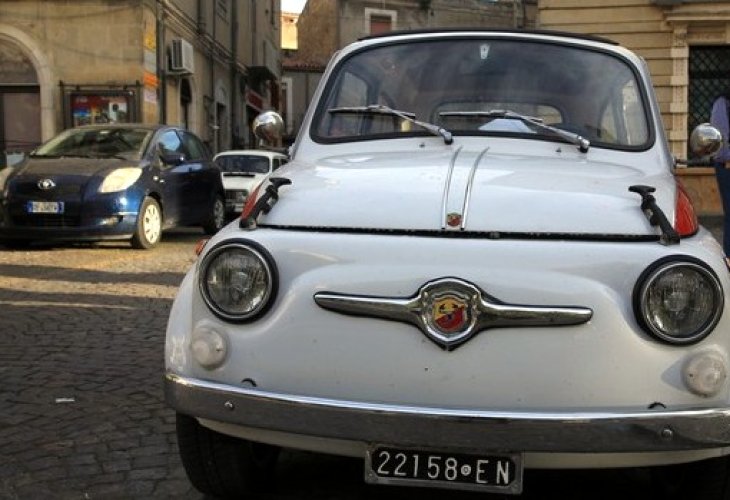Jewish Law
Can You Cancel a Car Sale After Finding a Hidden Defect? A Halachic Case Study on Buyer and Seller Rights
When a buyer discovers a flaw after purchase — does continued use mean acceptance, or can the sale still be voided?
- Rabbi Aharon Ganach
- |Updated

Reuven sold a car to Shimon for a price lower than its market value. Before finalizing the sale, the two went to a mechanic for an inspection. The mechanic reported a minor leak in the car, saying it could be easily fixed by replacing a rubber gasket.
After the sale and payment, the buyer took the car to another garage for the repair. There, he was told something far worse: the engine was on the verge of complete failure and would soon stop working entirely. The buyer immediately informed the seller. The seller advised him to get a second opinion, but the second mechanic confirmed the same — “the engine is finished.”
Realizing the car was worth much less than what he paid, the buyer sought to cancel the deal due to the defect (mekach ta’ut). However, during the delay in resolving the matter, the buyer drove the car for about an hour and a half. In court, he admitted that he had driven it even after discovering the defect.
Positions of the Parties
The seller (Reuven) insists the sale remains valid.
The buyer (Shimon) wants to cancel the sale, arguing that the car was defective from the start.
The buyer claims that since the seller still holds his money, he should be allowed to use the car in the meantime.
The Halachic Ruling
After hearing both sides and reviewing Shulchan Aruch, Choshen Mishpat 232:3, the rabbinical court ruled as follows:
The Shulchan Aruch states: If a defect is found in a purchased item and the buyer is not willing to accept it, the sale is void and the money must be returned. However, if the buyer continues to use the item after discovering the defect, the sale is not canceled, since we assume “savar vekibel” — he accepted the item despite the defect.
The Ramban explains that once the defect is discovered, the sale is technically void. But if the buyer continues using the item afterward, it indicates that he does not wish to act as a thief; rather, he accepts the item despite the defect, thereby reaffirming the sale.
Therefore, the ruling was that the sale remains valid, since the buyer used the car after discovering the defect.
Exceptions: When Continued Use Is Unavoidable
If the defect is discovered in a dangerous or unavoidable situation, such as while driving on a remote road, the buyer may continue using the vehicle only until reaching a safe location, and then must return it. The Talmud gives an example of someone who bought a horse and, while riding through a forest, discovered that it had no teeth and would soon die. In that case, he may continue riding until reaching safety, and then return the animal and void the sale.
If the Defect Is Discovered Later
If the defect is discovered a long time after the sale, such as a month later, and it is clear that the defect existed from the time of purchase, the buyer may still cancel the deal. However, since he used the item in the meantime without knowing about the defect, he must deduct from the refund an amount equal to the value of usage, as if he had rented the car (or other item) for that period.
If a defect existed from the time of sale, the buyer may generally cancel the transaction.
If he continued using the item after discovering the defect, this is considered acceptance (savar vekibel), and the sale stands.
If continued use was unavoidable (e.g., for safety), he may use it temporarily and still cancel.
If the defect is found much later, cancellation is possible — but deduction for use applies.
This case highlights how Jewish commercial law balances fairness, intent, and practical use — ensuring that both buyer and seller are treated justly according to the principles of Choshen Mishpat.

